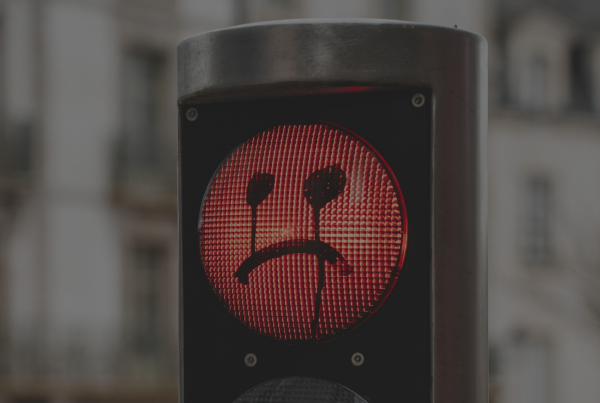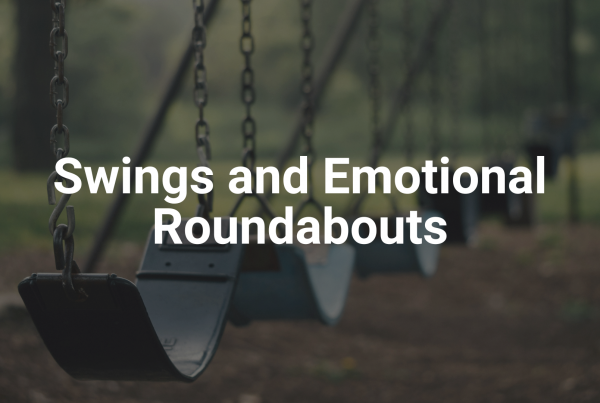Published: November 14, 2018 | Modified: April 5, 2022
When you purchase items through links on our site, we may earn an affiliate commission. Thank you for supporting the Innocent Lives Foundation.
From privacy to security, to a huge increase of people sharing their experiences, the issue of sexual assault, sexual harassment, and sexual exploitation is a hot topic right now. A key component of these issues revolves around the notion of sexual consent. So, what does consent even mean? Can a child consent to sexual activity? Does consent matter in pornography, specifically child pornography?
If you are wondering why we asked the last two questions since it is only logical that a child cannot consent, please allow us to explain…
The issue of consent is more complicated than one might imagine. Around the world, the age of consent, as well as the definitions of child erotica and child pornography, vary. Therefore, it is crucial that we have an open discussion to reduce confusion about this topic.
So, to be clear and to reiterate a point we have explained before, child pornography, as defined by the Department of Justice, includes “… any visual depiction of sexually explicit conduct involving a minor.”
That means having children perform pornographic acts is ILLEGAL. Children are fragile and growing people who are innocent victims of horrific events.
What is Consent?
Consent is when individuals mutually agree to engage in sexual activity with each other. The “yes” must be given freely, and if one individual wants to stop, the sexual activity ceases. There is no force. There is no coercing. It is a yes or no situation where those participating are intentionally and consciously taking part in that sexual activity.
What Consent is NOT…
It is common for people to think that consent is something that can be assumed, but no relationship or “sign” counts as consent. So to be straightforward, consent cannot be assumed by…
- Body language
- Romantic relationships
- Marriage
- Previous sexual activity
- Lack of resistance
- Familial relationship
No past or present relationship, sexual encounter, or anything else guarantees consent. It must be a present, enthusiastic, and clear yes. Furthermore, If someone is incapacitated, they cannot consent.
Moreover, if anyone lures, grooms, or forces someone (especially a child) into sexual acts of any kind, it is not consent, and the person is committing a crime.
Intoxication vs. Incapacitation
There is a difference between intoxication and incapacitation when it comes to consent. This distinction may not be clear for everyone. When someone is incapacitated, they cannot physically or mentally make rational decisions. This is because they are not in a position to understand the sexual activity as a result of their current state.
Incapacitation can result from high levels of alcohol consumption, doing drugs, being drugged, or being physically hurt in a way that affects a person’s ability to think rationally. It changes the person’s decision-making abilities, awareness of consequences, and ruins any ability to make informed judgments. For example, if someone passes out on the floor or doesn’t know their name, they are incapacitated.
On the other hand, intoxication is the level before incapacitation. This is when someone is under the influence but can make choices for themselves while knowing the consequences. For example, intoxication is when someone consumes a few drinks and has lower inhibitions, but they are still conscious of their surroundings and can make choices. Although individuals might make poor choices while under the influence, they are ultimately conscious enough to make a decision.
That said, both incapacitation and intoxication can result from something individuals put in their own body. However, incapacitation also can be the result of getting drugged.
While children should never be given any substance to incapacitate or intoxicate them. Either one takes the decision away from the child, so consent is not possible.
Children and Consent
Children cannot give consent to sexual activity because they do not fully understand sexual actions. Let’s be completely honest, as a child enters teenage years they probably understand sexual activity enough to have a clear picture of what it entails. That said, there is much discussion about the minimum age for consent, especially since the laws about the age of consent vary per state. Typically, the age range of consent is between 16 and 18. Nevertheless, children in their preteen years and younger do not and cannot fully understand the nature of sexual activity. Therefore it is important to realize that if for some reason a child agrees to sex, it does not mean they consented.
Additionally, it is easy to confuse cooperation with consent. Cortney Fisher, a criminology and criminal justice professor at the University of Maryland, explains in her book:
“Sexual activity that is prohibited by age or relationship is prohibited regardless of the force used against the child or the cooperation of the adolescent or child. Because of the nature of the crime, there is no legal scenario in which a child can “consent” to the activities. However, due to the nature of sexual abuse and sexual assault, some children may appear cooperative. Cooperation, or the appearance of cooperation, may never equal legal consent.”
Therefore, there is never a rationalization to be used to justify sexual activity with a child.
Here is a wonderful video that makes it very clear, and it might even be good to show your children:
Consent and Child Pornography
No matter what age the state legally allows a child to consent, children are not allowed to participate in pornography unless they are 18 or older.
As we mentioned earlier, pornography showing children younger than 18 years old is considered child pornography. If a child is 16 agrees to be in a pornographic image or video, it is illegal. If a child is 17 and agrees to be in a pornographic image or video, it is illegal. It does not matter the state the pornography is made or viewed in; federal law makes it so that children younger than 18 cannot be shown in pornography. Period.
Moving Forward
The Innocent Lives Foundation is committed to protecting children and allowing them to live their young lives. There is only so much time we all get before we have to grow up and face the world, and we work so children do not need to grow up before they must.
By identifying anonymous online child predators, the ILF constructs comprehensive files with information about perpetrators. Each file is given to law enforcement so they can move forward with prosecution, and stop these bad guys from contributing to child sexual abuse material. We will not stop until CSAM is a thing of the past.
Updated April 5, 2022 to fix broken links and update “child pornography” to “child sexual abuse material” when appropriate.
This article uses the term “child pornography,” which is the legal term for child sexual abuse material (CSAM).
Photo: Shutterstock





